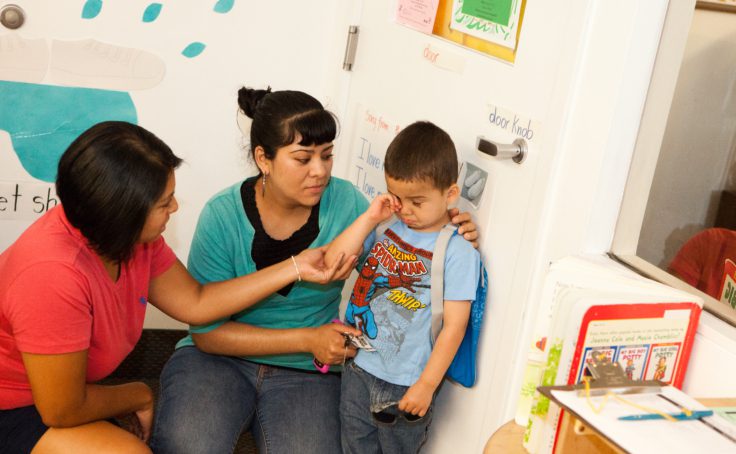
Have you ever wondered why some young children find it so hard to express their feelings, or why they exhibit disruptive behaviors? It may be that they struggle with recognizing and responding to sensations in the body.
- Interoception is a sense that helps you feel and understand what’s going on in your body.
-
Interoceptive awareness refers to our ability to notice, recognize, identify and interpret the body’s signals, including hunger, thirst, pain, internal temperature, and the need to use the bathroom.
-
Interoception is vital to the state of internal body balance known as homeostasis.
- Adults often assume that children naturally understand their interoceptive signals, but this isn’t always the case. For example, a child who is overheating may not understand why they feel discomfort or be able to communicate it successfully.
- Without interoceptive awareness, children can have difficulty with self-regulation, self-control, and the ability to distinguish between emotions.
- Each individual registers their body’s internal messages to a different degree. One child may feel the urge to go to the bathroom, while another child may not.
